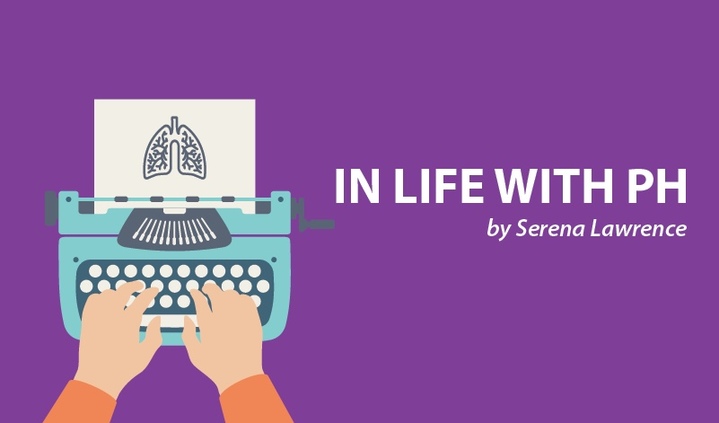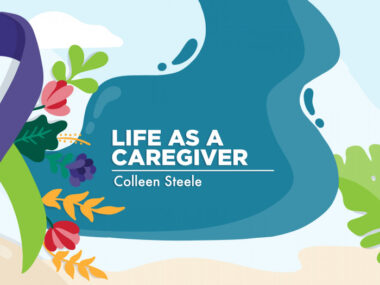Chronic Illness Can Cause Severe Trauma
Written by |


I still vividly remember the day I was hospitalized and kept overnight to be picked and probed like a lab rat. A medical team ran dozens of tests to figure out why, at the age of 25, I was in heart failure, and had a low oxygen saturation and low lung function. However, I rarely talk about this hospital stay — despite how vivid the memories are.
I used to have to go back to that hospital every month for a series of tests. As soon as I hit the hallway where “it all happened,” I would feel dizzy, sweaty, nauseated … sick to my stomach. All the memories and feelings from that hospital stay came back in full force, and a panic attack would kick in.
Chronic illness and trauma
Living with pulmonary hypertension, or any chronic illness, can be extremely traumatic; it is tough on our physical, mental, and emotional senses. Our bodies must endure side effects, the constant change of the disease, and medical tests and procedures. We often think of trauma as being related to an attack, abuse, or combat in war, but trauma can cross over to chronic illness as well. We often are robbed of our powers and live with a host of symptoms and side effects on a daily basis. We may also grieve the loss of our health, career, or future endeavors due to the impact of illness.
Unfortunately, trauma comes with its own set of emotional, psychological, and physical symptoms. According to HelpGuide.org these symptoms can include anger, mood swings, withdrawing from others, feeling disconnected, insomnia, nightmares, and difficulty concentrating. Although these symptoms can be difficult to cope with, it is important to remember that these are normal reactions to atypical events.
Living with trauma
The first year post-diagnosis, I found it difficult to get out of my bed, especially first thing in the morning. It is difficult for me to admit this, but I spent a lot of my time in bed crying. This was mostly because I found it difficult to relate to people or feel excited about a life that felt so foreign to me. In the blink of an eye, my life completely changed, and I felt thoroughly devastated by how different my life and physical health had become.
I didn’t realize it at the time, but I was suffering from the trauma that followed my diagnosis. It made me withdraw from people, and I imagine it became pretty difficult for my loved ones to be around me.
I had a lot of sadness and anger locked inside of me that I didn’t know how to properly release, so it seeped out to people who didn’t deserve it. And although I was dealing with a lot, my trauma did not give me the right to walk around with an emotionally loaded gun.
Simply put, my hurting did not excuse me making others suffer. Once I realized this, I tried to find healthier ways to work my issues out. Although I still struggle with the effects of trauma and illness, I have noticed improvements in my relationships (including the one I have with myself) since finding other ways to cope with my trauma.
Healing from trauma
According to HelpGuide.org, you may want to seek treatment from a trauma expert if your symptoms haven’t passed within a few months.
They suggest seeking help for trauma if:
- You don’t function well at work or home
- You self-medicate with drugs or alcohol
- You feel emotionally dulled or withdrawn from others
- You have difficulty maintaining deep and fulfilling relationships
- You suffer from intense anxiety, fear, or depression
- You experience repeated memories, nightmares, or flashbacks of painful events
***
Note: Pulmonary Hypertension News is strictly a news and information website about the disease. It does not provide medical advice, diagnosis, or treatment. This content is not intended to be a substitute for professional medical advice, diagnosis, or treatment. Always seek the advice of your physician or other qualified health provider with any questions you may have regarding a medical condition. Never disregard professional medical advice or delay in seeking it because of something you have read on this website. The opinions expressed in this column are not those of Pulmonary Hypertension News or its parent company, Bionews Services, and are intended to spark discussion about issues pertaining to pulmonary hypertension.




Leave a comment
Fill in the required fields to post. Your email address will not be published.